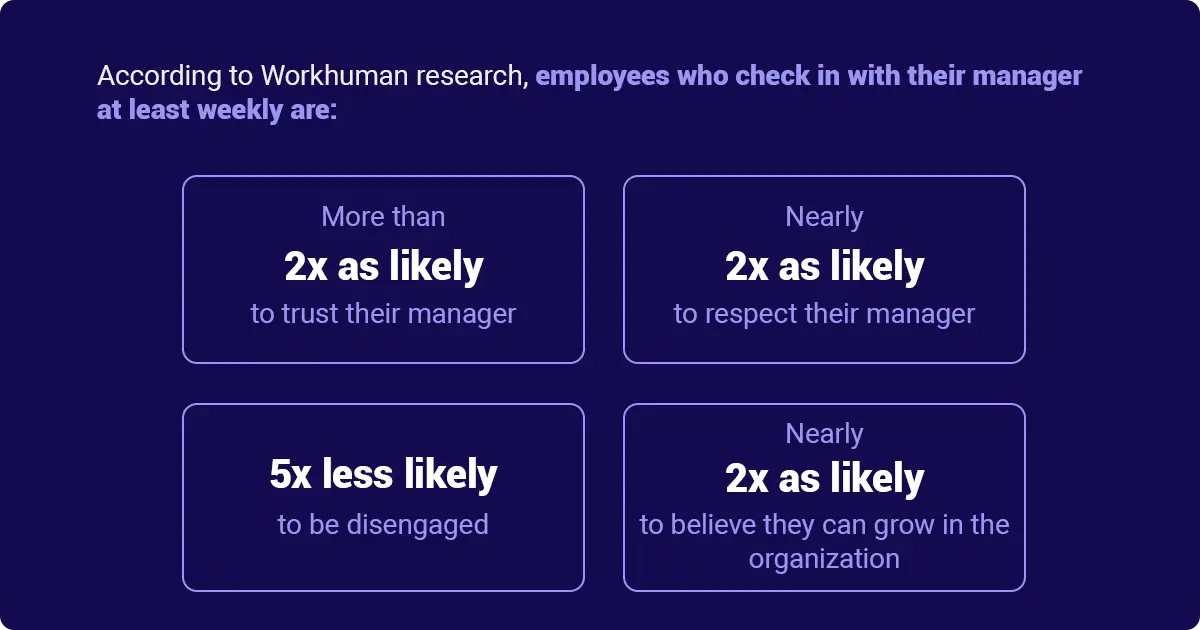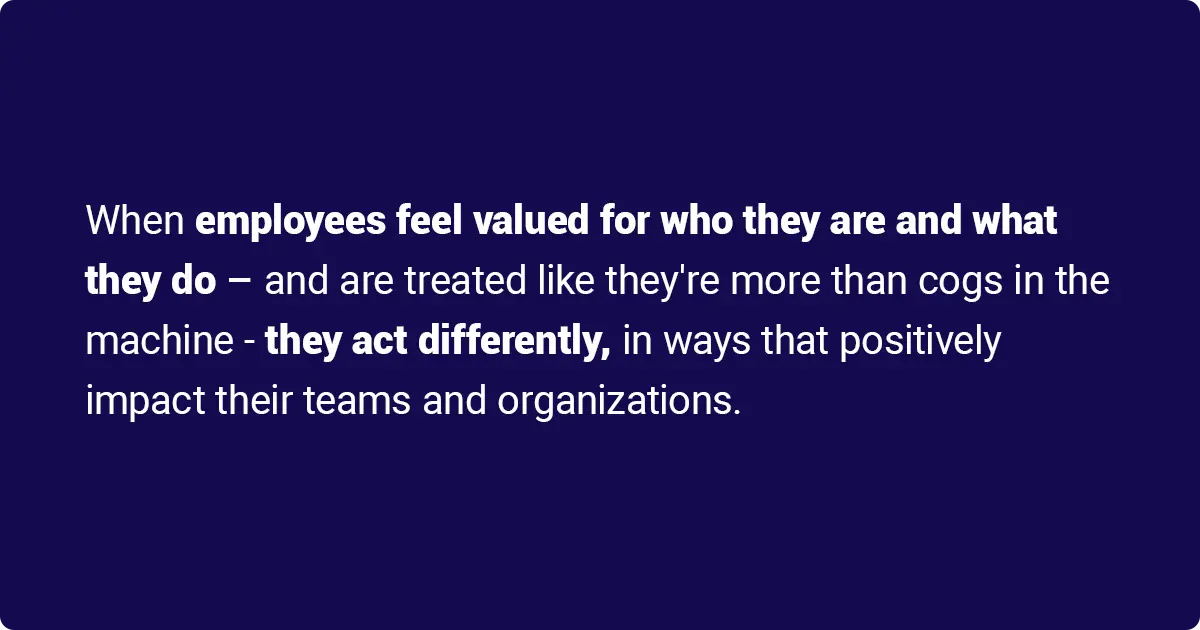How Office Housework Contributes to Workplace Inequity

As organizations strive to reach equality in their workplaces, there is a topic that often goes overlooked but can be deeply damaging to women’s careers when left unchecked: office housework.
Tasks like note-taking, meeting scheduling, and lunch ordering keep workplaces functioning and organized but eat away at women’s time and put them in a double bind.
If a woman says “no” to taking on these tasks, they’ll be seen as difficult, and if they say “yes” they are using precious time to contribute to work that is rarely connected to their goals, leading to pay and leadership gaps in the long run.
The burden should not be on women to say “no” – instead these responsibilities should be split among team members equally. Employers and HR need to step up and make systemic changes while employees can take small steps to balance their team’s tasks.
Before diving into the actionable advice, let’s look at the ripple effects these tasks disproportionately have on womenOpens in a new tab.
The negative effects of office housework on women
When women are the only employees doing domestic tasks like cleaning and organizing in the workplace, it reinforces outdated gender stereotypes and roles that diminish a woman’s confidence, voice, and the way she’s perceived by others. Imagine how much harder it must be to actively participate and share ideas during a meeting when it’s your responsibility to take detailed notes.
Office housework hinders career advancement because of the time drain and missed opportunities to work on growth projects. Over time, this prevents women from reaching leadership positions and furthers the inequities in pay and representation in these roles.
Explore how gender pay inequity remains a significant issue in today's workplaces. Our paper, backed by Workhuman® iQ and third-party data, delves into this problem and shows how a top-tier recognition solution can help address it.
Download the report
Not to mention the implications on women’s mental load. Many women are responsible for the brunt of domestic tasks outside of work in their own homes, and they are expected to handle it all without issue.
These additional tasks lead to increased stress and poor mental health, as discussed in the article Women are burning out doing invisible 'office housework'Opens in a new tab. An unhappy employee is likely to be disengaged, unproductive, and more likely to be looking for a new job – all of which is damaging to your business.
How employers can support systemic change
If your goal is to compensate your employees fairly for their work, office housekeeping tasks need to be viewed as part of that work. There is no way around it: these responsibilities are labor.
Office housework tasks should be assigned and included in a role’s responsibilities. Consider how project managers are often responsible for the administrative tasks that come with scheduling and managing team meetings, how office managers restock kitchens and place lunch orders, and how janitorial staff clean break rooms and handle waste.
Including these responsibilities in role descriptions and job, architecture ensures that HR and hiring managers are aware of the time needed to do these tasks, that these tasks are being recognized as part of an employee’s advancement path, and that HR is establishing pay standards based on these tasks as part of a job.
Implementing a performance management tool, like Workhuman’s Conversations®, gives people leaders insight into who is doing housework tasks and how often. Creating a culture of check-ins, combined with this data, prevents office housework from going unrecognized and raises awareness of how your workplace is truly functioning.

A thorough, honest audit of role responsibilities might reveal that your organization needs to increase headcount to redistribute these tasks. Doing so will free up time for women to focus on other priorities that lead to growth and leadership and remove the pressure of having to say “no” to office housekeeping tasks.
Day-to-day workplace changes to implement
Look for patterns
You can’t change a system if you don’t know what’s wrong with it. Office housework patterns are so systematically built into our workflows and cultures that it can be challenging to even know what to look out for. But, as with most problems, even the smallest amount of awareness can lead to change.
Here are some behaviors to keep an eye on: When you’re experiencing technical difficulties, is it a woman who jumps in to troubleshoot? Who starts collecting the trash after a team lunch? Does a woman usually take responsibility for meeting agendas, notes, and scheduling?
Read our paper to learn how inclusivity becomes tangible through unbiased recruiting and equitable parental leave policies.
Establish systems and structure
So, you’ve noticed some patterns that could use a reset. Now what? Put systems in place that prioritize fairness and a balanced division of labor. You know your team best, but think about the task(s) you’d like to divvy up and consider how desirable they are to determine the best system.
If it’s something most people would likely not volunteer for (like cleaning out the fridge) utilize calendar rotation and random selection systemsOpens in a new tab to decide whose turn it is.
Other tasks can be assigned or volunteered for based on skill sets and preferences: does someone enjoy planning and love people? They can be in charge of bonding activities and celebrations.
Does someone on your team enjoy solving problems and working with their hands? They can volunteer to fix the printer, using their problem-solving techniques to identify and resolve the issue efficiently. Sign-up sheets help to promote ownership and reduce resentment.
Project management tools like Trello or Asana help track the completion and division of tasks. But be mindful of who is organizing these systems. Maintaining and executing these systems is part of office housework, so ensure it is not only women taking on the burden.
Recognize positive behaviors
Take time to appreciate those who step up when they see the same junior woman setting up lunch again or take the initiative to set up a system that rotates meeting scheduling responsibilities. Office housework is typically a thankless job. Don’t let it go unnoticed, even when you have systems in place and are taking turns: thank your colleagues for doing their part in keeping the coffee or paper towels stocked.

Receiving a “thank you” on a recognition platform like Workhuman’s Social Recognition® is incentivizing. Doing your fair share while also contributing to your team’s DEI goals in exchange for a gift card, travel experience, or coveted item starts a positive cycle of change.
Wrapping up
Office housework is invisible labor that disproportionately steals women’s time and focus. Instead, the entire team should share these responsibilities and businesses can ensure their teams are staffed fairly.
To help ease the burden on women, watch out for tasks that should be shared, implement turn-taking systems, and say “thank you” to those who are taking the initiative. By working together, we can create a more equitable and efficient work environment for everyone.
About the author
Alicyn Zall
Alicyn Zall is a writer dedicated to creating a more equitable and fulfilling workplace. With a focus on actionable, data-driven insights, her work empowers individuals and organizations to foster positive change. In addition to her contribution at Workhuman, Alicyn has served as an editor at Harvard Business Review where she developed books and articles about mental health and the future of work.